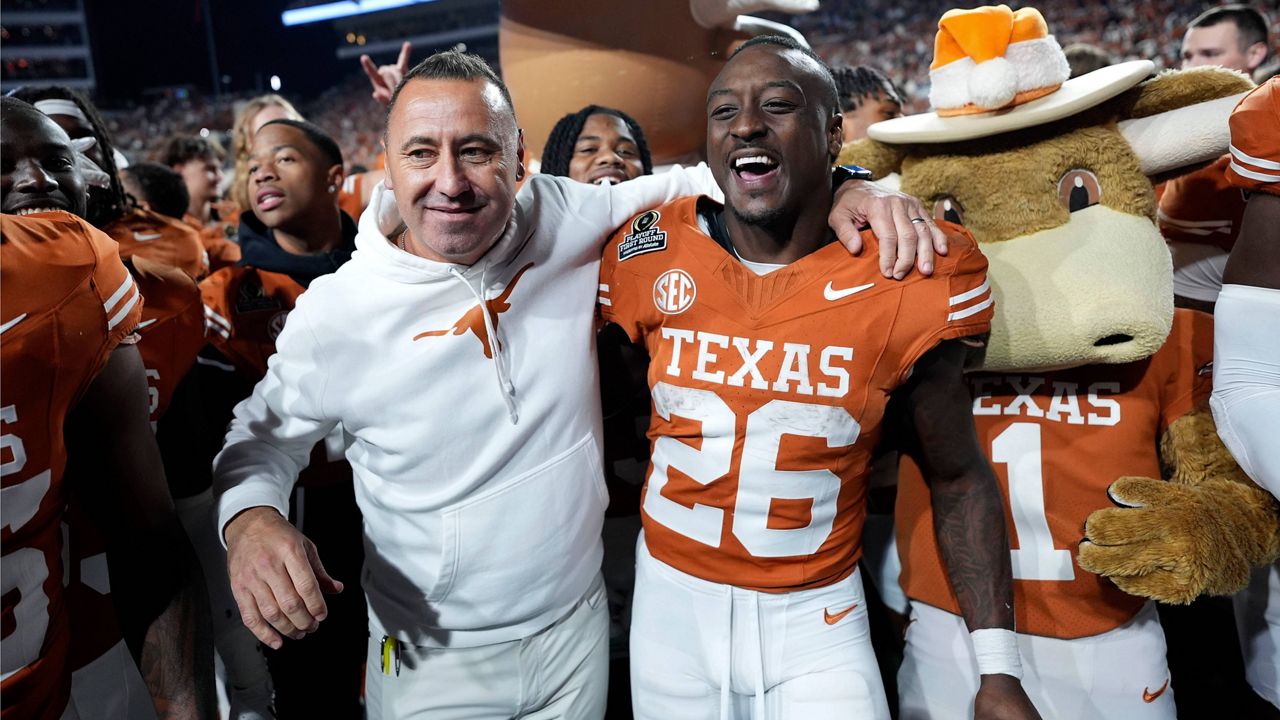Travel
FAA Under Siege: The Dirty Tactics American Airlines and Southwest Are Using To Keep Air Travel Miserable – View from the Wing
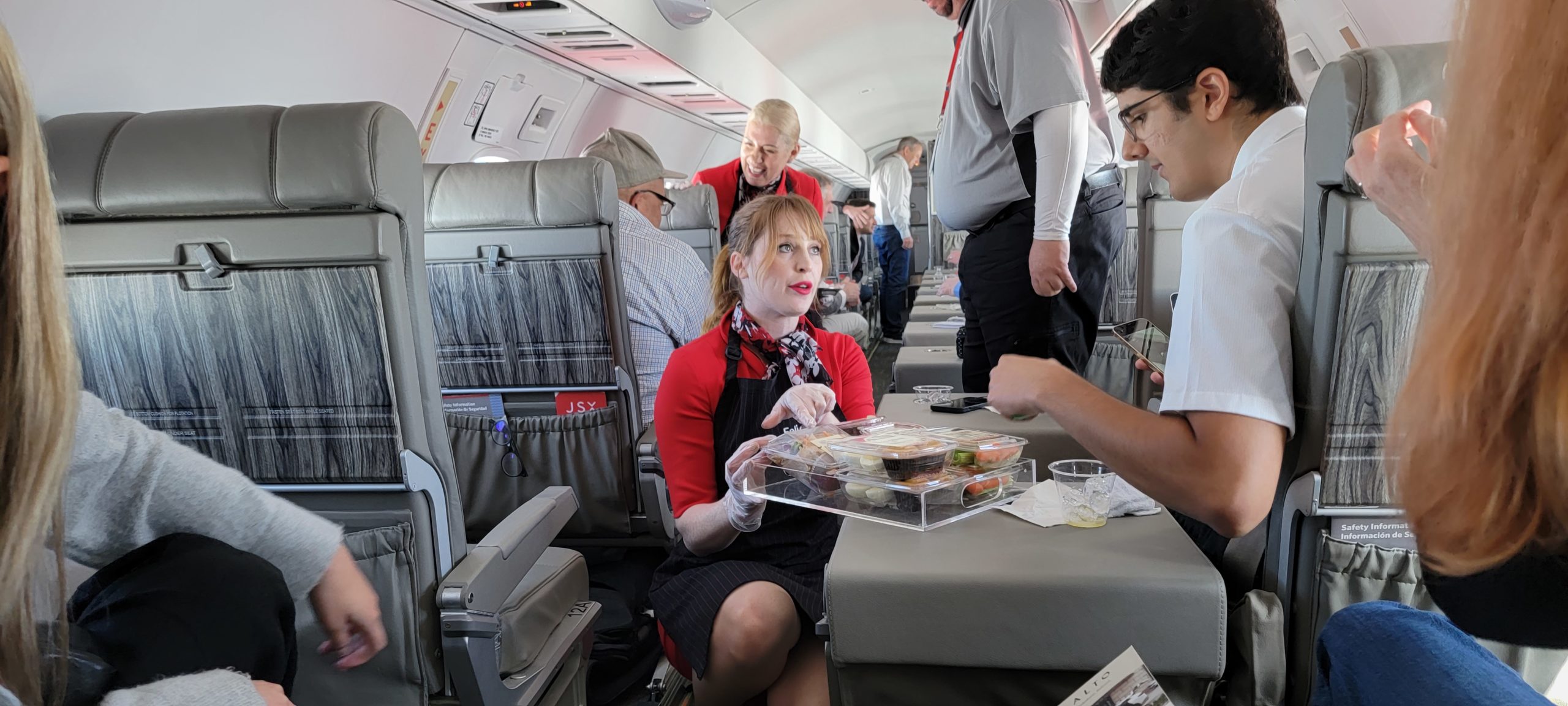
FAA Under Siege: The Dirty Tactics American Airlines and Southwest Are Using To Keep Air Travel Miserable
The FAA plans new rules that would ban scheduled public charters like JSX and Contour.
- These carriers have been permitted under FAA rules for over 40 years
- There were no concerns with their operation until the big pilot union, American Airlines and Southwest started lobbying against them (the pilot union because they want to maintain barriers to entry into their profession to keep wages up, the airlines because JSX is based in Dallas like they are).
Air Travel Could Be Better, And The FAA Wants To Stop It
JSX is now the largest of the scheduled public charters. They’re based in the same city as American and Southwest. And they offer a better product, at a competitive price.
- Depart from private terminals
- Strong security without TSA lines
- Show up 20 minutes before your flight, even with checked bags
- Every seat is a first class seat
- Free fastest wifi in the sky with StarLink
- Free cocktails and snacks

They don’t face the same pilot shortage as other carriers, because as a part 135 public charter carrier they can use recently-retired senior captains from American and Southwest in the left seat of the cockpit, and pilots with fewer than 1,500 hours in the right seat (co-pilots for European airlines flying to the U.S. operate with fewer than 1,500 hours here every day, too). With 90% of planes overnighting at base each day, pilots get better rest in their own beds than they do flying for the majors.
And with no more than 30 seats JSX is allowed to depart from private terminals, bringing private aviation to the masses. They swab every bag, run every passenger against government targeting databases, and screen everyone for weapons. But there’s no TSA. It’s more security than you’ll go through if chartering a plane from… American or Southwest.
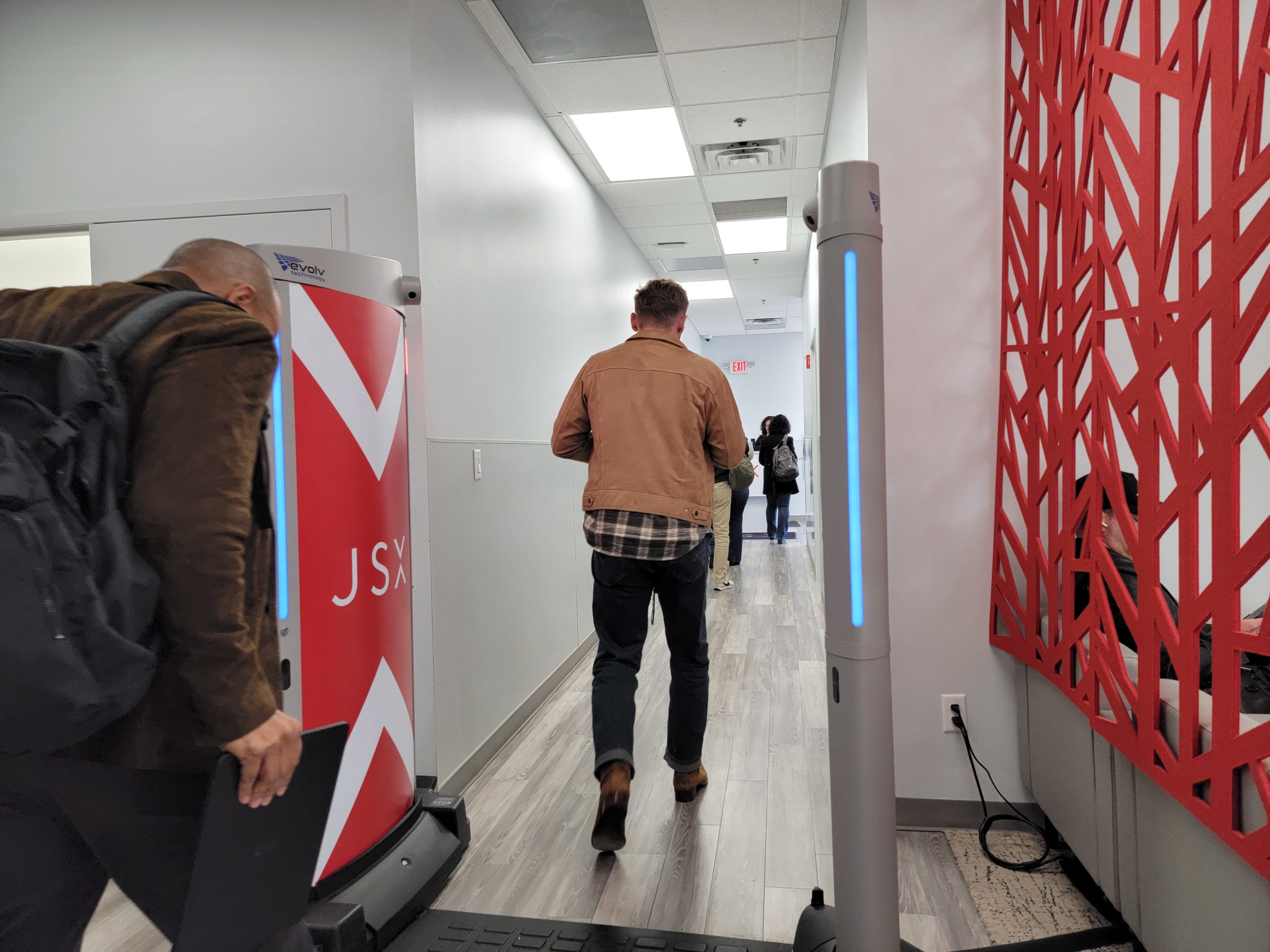
This Is Entirely About Protecting Incumbents From Competition
There are no specific concerns about safety at JSX. There are more incidents with pilots at American and Southwest (like American pilots wandering in front of a Delta 737 taking off from JFK, in a narrowly averted disaster, and Southwest pilots nearly plunging into the ocean).
The CEO of American Airlines even tells employees privately that their crusade is about cracking down on a competitor.
And former American Airlines CEO Doug Parker says that he and Southwest Chief Operating Officer Andrew Watterson got together privately with the head of the TSA to get government action against JSX.
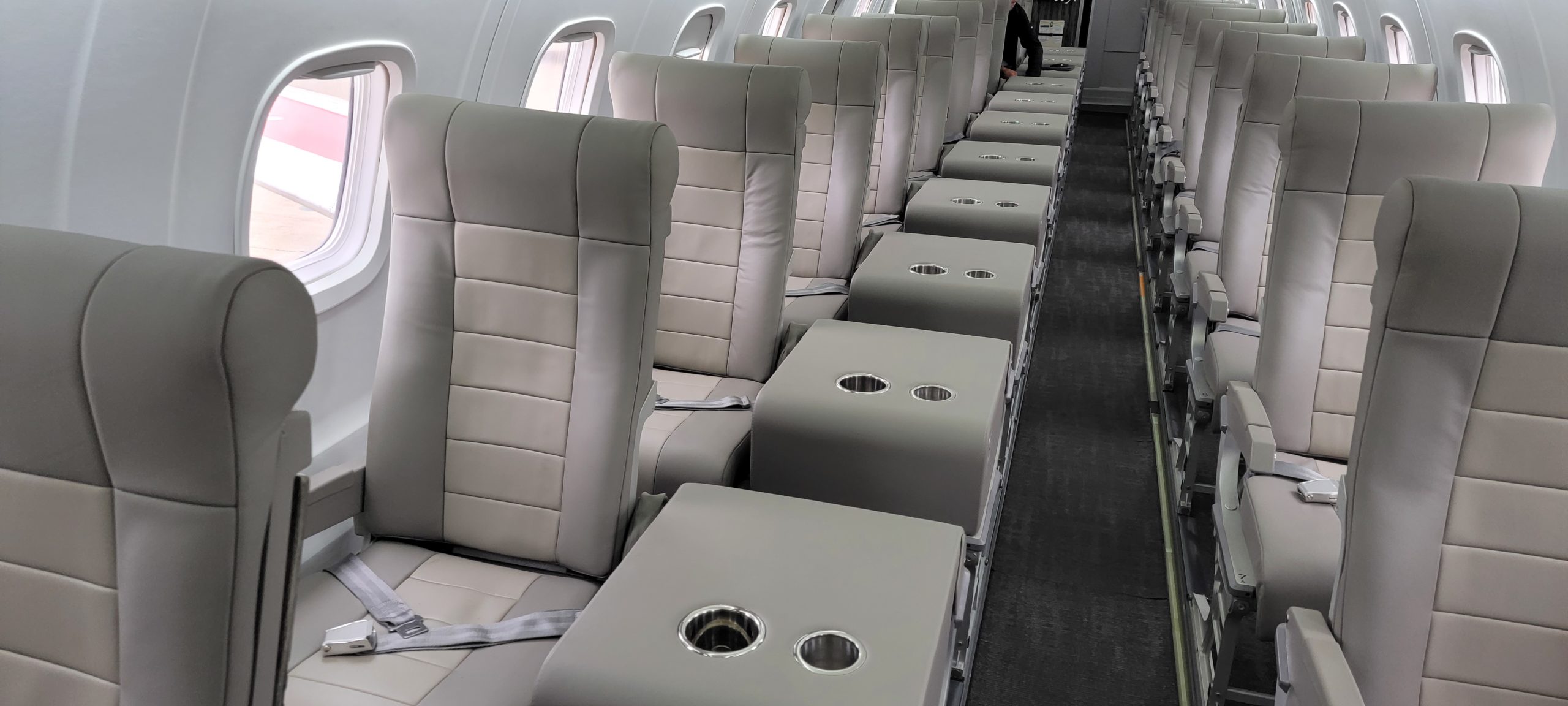
The FAA Is Embarrassing Itself, Planning To Regulate And Then Try To Find A Problem
What’s striking about the FAA here is that as part of their planned rulemaking they say they will propose a Safety Risk Management Panel to consider safety issues involved with part 135 carriers like JSX.
- They propose to ban selling scheduled charter flights
- Before even convening a panel to consider the safety issues involved
- In other words, they are doing it all backwards
The FAA plans to propose a ban on a category of aviation, at the behest of incumbent interests, and only as a part of that proposed ban consider the underlying reasons why such a ban might exist. That is bizarre.
It is likely also illegal in the context of a significant regulatory action that threatens a billion dollar industry (JSX alone is half that). The threshold for economic significance in this context is $200 million, and requires that the federal Office of Information and Regulatory Affairs at OMB must certify that the proposed rule’s benefits outweighs its costs – yet they will have no idea, since they need the panel that will be proposed by the rule to tell them whether the rule is justified!
The rule will redefine language (“scheduled,” “on demand,” and “supplemental” operations). The law at 49 USC 41104 says that the FAA cannot impose more onerous rules on public charters. So the FAA will presumably say that what’s been public charters for decades no longer are and therefore may be made subject to more onerous rules. Sleight of hand!
The Government Always Protects Big Business
All of this effort is because it is possible for air travel to be better than it is today at not much greater cost.
- Southwest Airlines was an upstart that major airlines sued to prevent from launching. They were the underdog for most of their existence. Now they use the government to protect themselves from competition.
- Airlines like American received approximately $10 billion in pandemic-era subsidies. They get anti-trust immunity for international joint ventures. They are given valuable takeoff and landing rights at congested airports which include the right to keep out competitors.
- Together with ALPA, they erect barriers to entry that keep competition out of the aviation industry. Disruptive business models that allow passengers to go from car to plane in 20 minutes, have more space on board, and friendly staff along the way are a threat. Current business models only work if consumers do not have a choice.
Legendary Silicon Valley investor Bill Gurley (GrubHub, Nextdoor, Open Table, Stitch Fix, Zillow, Nordstrom.com, The Knot and Uber, and played by Kyle Chandler in Showtime’s Super Pumped) gave a talk last year about regulatory capture – that government regulation almost always benefits incumbent businesses. It’s a great talk in its own right, but also perfectly encapsulates what’s happening to upstarts like JSX.
Readers often wonder why I care what happens to JSX. I have no ownership interest in them. I have never been paid a dime by them. They no longer even serve my home airport in Austin, having been chased off the real estate. Whether JSX continues to fly benefits me not at all. It’s simply an outrage that consumers keep getting the short end of the stick in favor of entrenched interests.
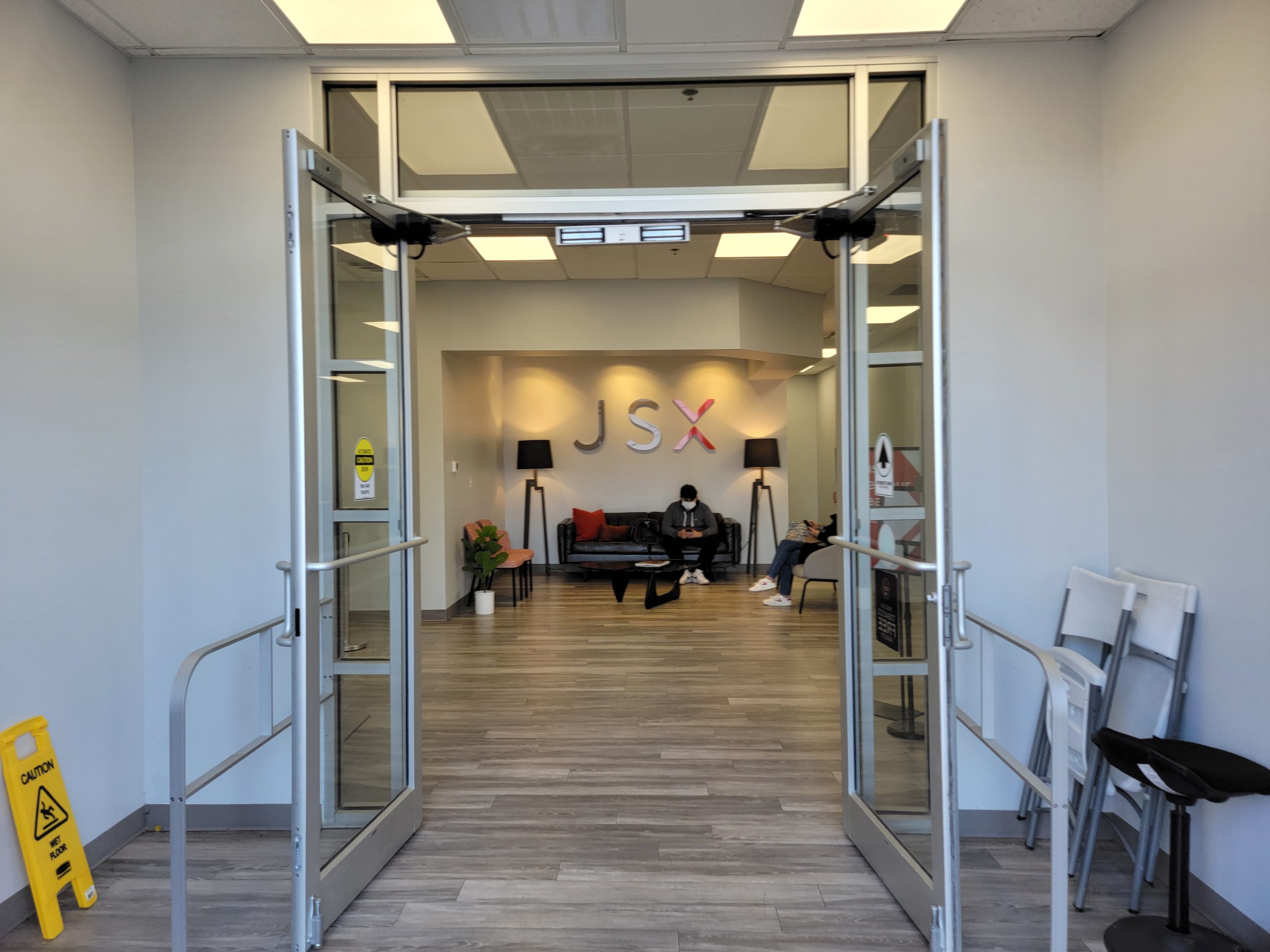
There are more than 4 million private flights each year operating from private terminals, offering convenient air travel to those who can afford it. As soon as 50,000 flights are made accessible to people otherwise stuck as customers of American Airlines and Southwest, they run to the government to stop it even as they themselves market flights from private terminals at a higher price point.






